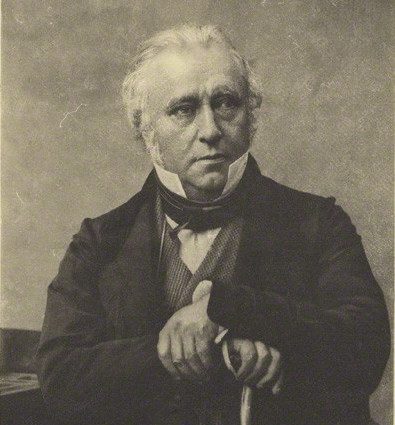Thomas Babington Macaulay (1800-1859), 1st Baron Macaulay, was a British historian and politician. Macaulay, as Law Member of the Governor General’s Council was in Ooty from June to August 1834 to take part in the swearing in of Lord Bentinck as the Governor General of India.
Lord Macaulay left Madras in the afternoon of the 17th of June 1834. He traveled in one palanquin, his servant followed in another. Each of them had twelve bearers who from time to time relieved each other, six at a time being required for each palanquin. Before them trotted ten coolies or porters with their luggage. Beside Macaulay’s palanquin ran two peons or police officers with badges on their breasts and swords at their sides. The whole train consisted of thirty-eight persons, Macaulay and his servant included. The entourage reached Ootacamund on June 26, 1834 via Arcot, Venkatagiri, Bangalore, Srirangapattinam and Mysore.
Indian Penal Code was drafted in 1860 on the recommendations of first law commission of India established in 1834 under the Chairmanship of Lord Macaulay, who was then in Ooty. While the criminal law commissioners at London were at work on a code for England, Macaulay was drafting a penal code that was intended to apply to the entire population—native and expatriate—of British India.
Macaulay’s code was described as a most able piece of drafting of an entirely new and original method of legislative expression. The work of a master of English prose, the code was concise, lucid, and free of legal jargon. It paid careful attention to the degree of fault required for each offense, and was accompanied by a well-argued introduction and set of notes.

